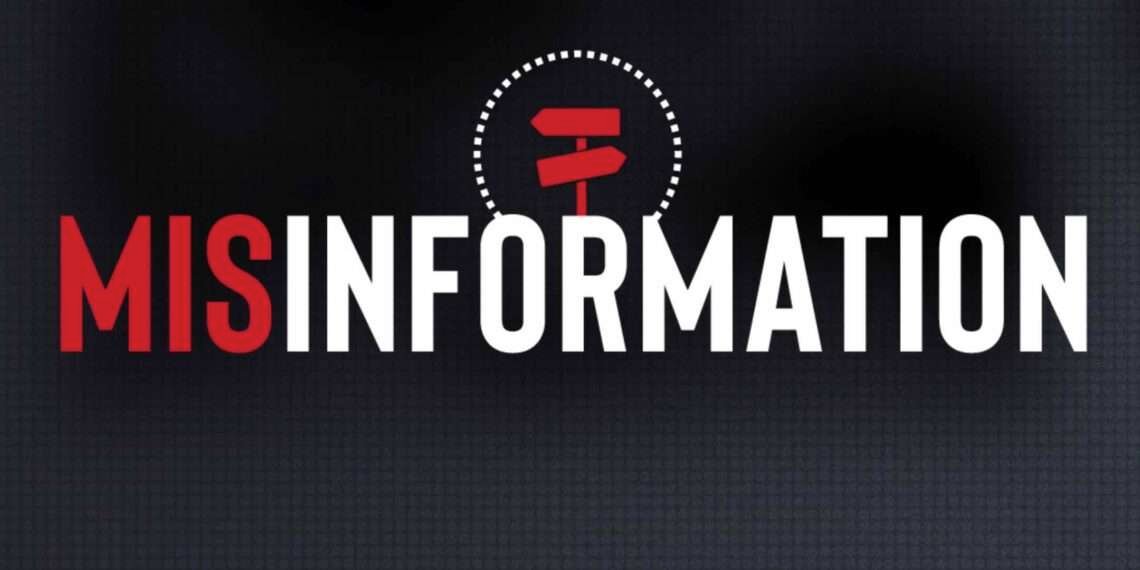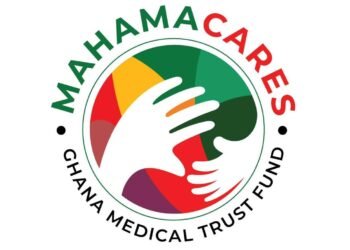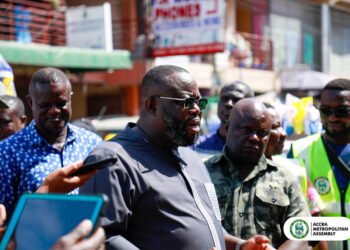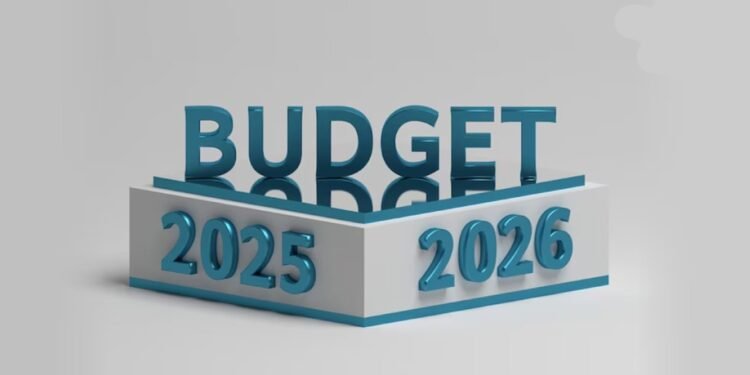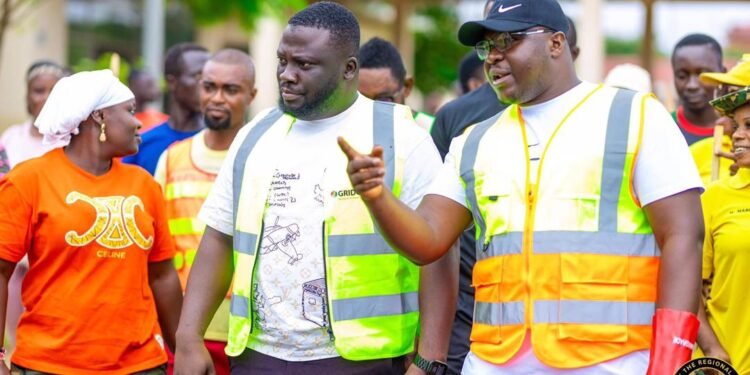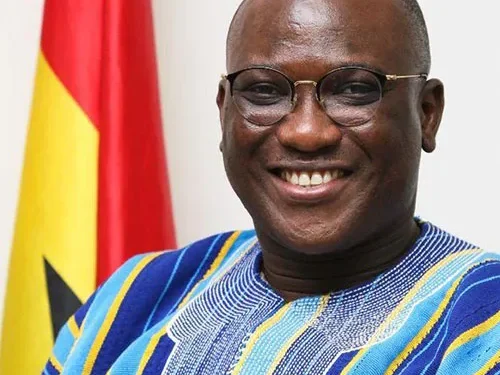With just 11 days to Ghana’s 2024 elections, concerns about disinformation and misinformation loom large, raising questions about their potential to undermine the democratic process.
This pressing issue was the focus of a discussion featuring Ms. Caroline Anipah, Team Lead at the Center for Media and Digital Literacy and a communication consultant, who provided critical perspectives on combating this menace.
Anipah began by explaining the fundamental differences between misinformation and disinformation, which are often misunderstood.
“When we say misinformation, we’re basically talking about information that is false but shared without the intention to cause harm. You may not know that what you’re sharing is false, but you’re sharing it out of concern for a loved one or to [alert others] to what you believe is going on.”
Ms. Caroline Anipah Team Lead at the Center for Media and Digital Literacy and a communication consultant
Disinformation, on the other hand, is more sinister and deliberate. She clarified;
“Disinformation is false information that is deliberately created – with the intent to cause harm, sway public opinion, to influence behaviors – it’s not just a mistake somebody made. [It’s a calculated effort to mislead].”
Ms. Caroline Anipah Team Lead at the Center for Media and Digital Literacy and a communication consultant
She noted that globally, disinformation has significantly influenced public behaviors and democratic processes, citing examples from the COVID-19 pandemic and international elections.
The Ghanaian Context
The situation in Ghana reflects a growing challenge, particularly during critical periods like elections.
“Sometimes, people don’t trust the information anymore because they believe it might be disinformation. And then also people’s behaviors are influenced. We are getting into elections, and people are confused about what they are hearing.”
Ms. Caroline Anipah Team Lead at the Center for Media and Digital Literacy and a communication consultant
She referenced a recent incident by Wontumi FM that propagated false claims about the Electoral Commission (EC), which left listeners bewildered and uncertain about their choices. She added;
”We need to go beyond the headlines basically. Know that sometimes headlines are just meant to catch attention. It’s when you go into the details that you would find the right information. So, the very first thing you would do when you come across any information is for you to stop. Think a little, reflect, [and] ask yourself who is sharing this information. Why are they sharing this information? And what is the source of information? And do I even need to share it?’’
Ms. Caroline Anipah Team Lead at the Center for Media and Digital Literacy and a communication consultant
While the precise effects of disinformation and misinformation on electoral outcomes in Ghana are yet to be fully studied, anecdotal evidence suggests significant influence.
“When we do speak with people, in their little corners, they say yes, they are not entirely sure about the voting behaviors or what to do because of the disinformation that they come across.’’
Ms. Caroline Anipah Team Lead at the Center for Media and Digital Literacy and a communication consultant
Anipah outlined practical steps individuals can take to verify and manage information.
“The first very thing you to know is that, today you cannot just take every information you come across at face value. Even we talk about the media, media ownership influences the kind of information that you hear on a particular radio station. If you come across such information, the first thing you do is to trace the information to the EC. go to the EC’s official platforms and then check for yourself. [Or] you can call their call center.’’
Ms. Caroline Anipah Team Lead at the Center for Media and Digital Literacy and a communication consultant
Anipah also urged media houses to uphold professionalism, avoid cross-publishing unverified stories, and trace information to its origins.
The Role of Media Ownership

This bias, she explained, creates filter bubbles that limit audiences to one-sided perspectives.
Anipah acknowledged ongoing efforts by institutions like the National Media Commission (NMC) to address these challenges but stressed the need for stronger enforcement.
She called for stricter repercussions for unprofessional conduct among media houses. She emphasized;
“We are in an era where media houses are just cross-publishing without checking the sources of the information. This is a critical moment for media houses to always trace to the original source.’’
Ms. Caroline Anipah Team Lead at the Center for Media and Digital Literacy and a communication consultant
As Ghana heads to the polls, combating disinformation requires collective effort. Citizens must become discerning consumers of information, media houses must prioritize integrity, and regulatory bodies must enforce accountability.
According to Anipah, disinformation thrives on unchecked emotions and limited scrutiny. Indicating that we must all be vigilant and deliberate in our information consumption and dissemination.
This critical conversation underscores the need for awareness and action to protect Ghana’s democracy from the corrosive effects of disinformation and misinformation.
READ ALSO; Kwami Eugene Reveals Unreadiness of Assigning Musicians at Record Label



